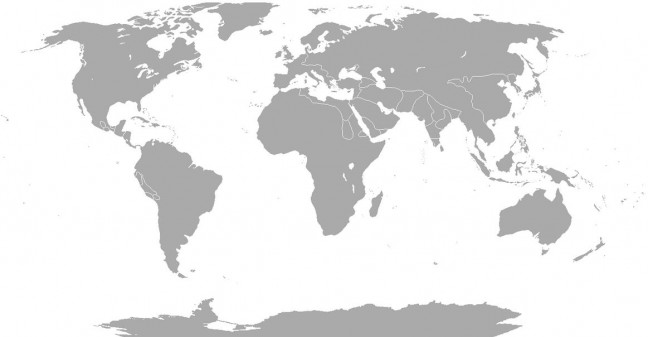We have seen a number of cases recently where the courts are failing to follow rules in relation to case allocation. Some of the worst examples include:
- leave to remove cases (where one parent seeks to remove the children abroad).
- complex cases previously heard in senior courts ending up heard by magistrates who fail to examine case history prior to varying the existing orders (which came before them for enforcement).
In short, the wrong level of judge is hearing cases in breach of court rules and guidance. If your case is allocated to the wrong level of judge, ask for it to be moved to the right level by writing into the court. We suggest writing into the court where the application was made, and addressing your letter to the Designated Family Judge (DFJ) responsible for Gatekeeping and Case Allocation. If you can, take the letter into court, hand it into the court administration department and ask for a receipt to confirm delivery. After this, if matters continue to be heard at the wrong level, write a position statement including a request for the case to be transferred and deliver this to court two days before the next hearing. Raise the matter orally at the hearing and take a copy of that position statement and the letter sent to the DFJ into court with you.
Case outcomes can be put at risk when too junior a judge hears them. This is why the rules exist to ensure more complex cases are heard by more experienced judiciary. In this article, we remind people of how cases should be allocated and the rules which govern this. Please reference the guidance we cite when asking that the court move proceedings to the correct level of judge.
Continue reading Failures in Judicial Case Allocation and Gatekeeping









